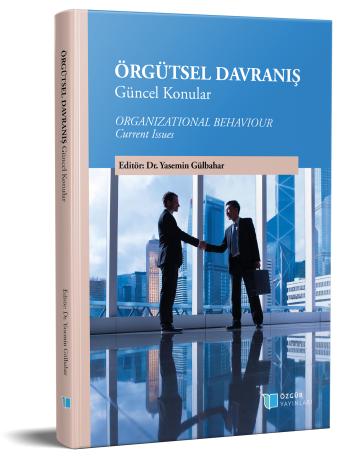
Whistleblowing in Working Life
Chapter from the book:
Gülbahar,
Y.
(ed.)
2023.
Organizational Behaviour: Current Issues.
Synopsis
Whistleblowing is defined as the conscious revealing and disclosure of unethical or criminal situations occurring within the organization by the member or members of the organization (Cross and Tiller, 1998). The concept of whistleblowing has gained importance with the emergence of scandals in large and powerful enterprises, institutions and organizations, especially in recent years. Organization members who engage in whistleblowing behavior may naturally conflict with their organizations, other organization members and managers and remain silent. In this silence, unjust, unfair and illegal situations in the organization can become widespread (Near and Miceli, 2013). Therefore, whistleblowing is protected by different laws in different countries in order to support the members of the organization to take action without hesitation (Kaptein, 2011). However, in order for whistleblowing to be implemented and carried out effectively in the organization, the members of the organization must know the internal politics and ethical rules well and be knowledgeable and conscious about this issue (Miceli and Near, 1992). As a result, the concept of whistleblowing is an extremely important concept in terms of revealing unfair and erroneous situations in organizations and ensuring justice within the organization. However, members of the organization must be careful and act in accordance with the law when deciding whether or not to engage in whistleblowing. In this book chapter, information about the emergence of the concept of whistblowing, its reasons and its importance in terms of working life will be given.

